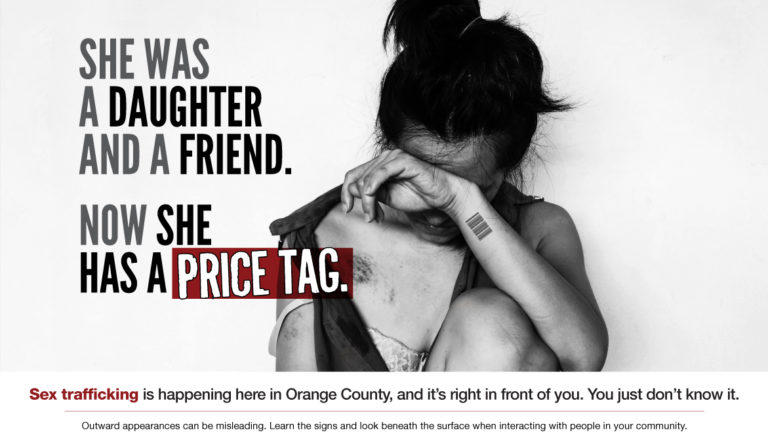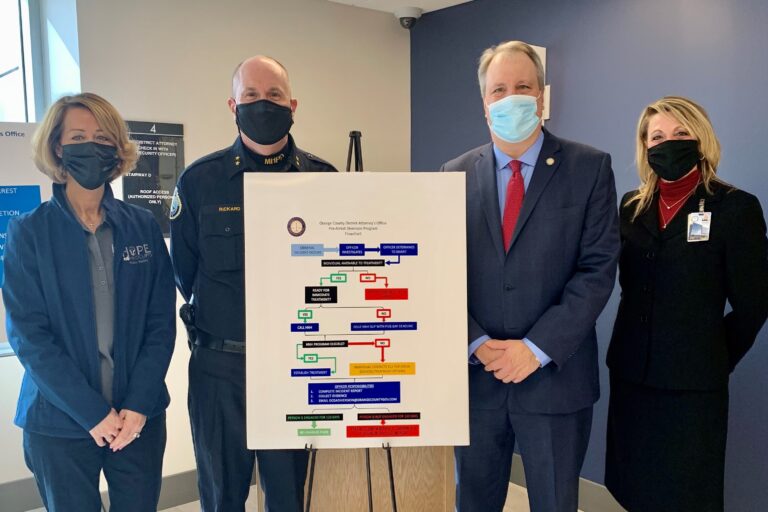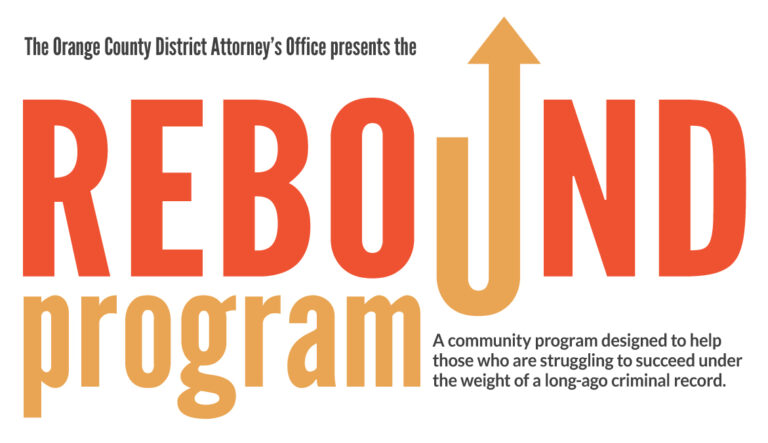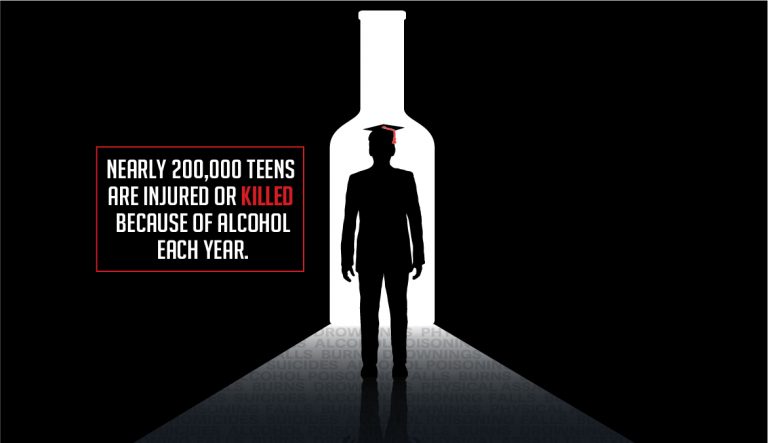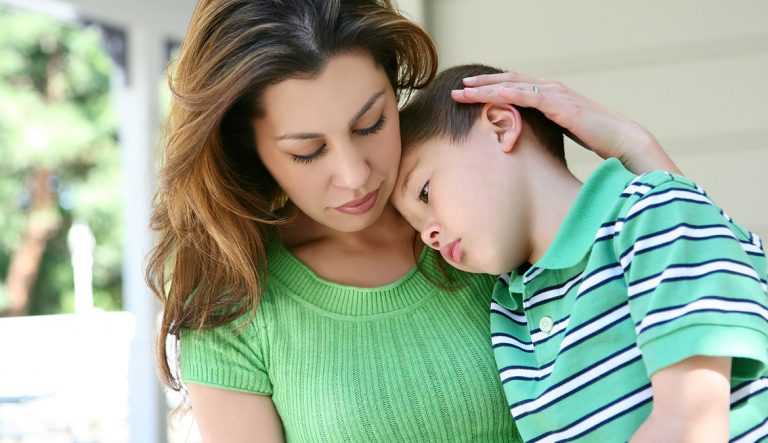Learn to recognize certain “red flags” and clues that can help you better assess if someone in your community may be a victim of exploitation.
Someone may be a victim of sex trafficking if she/he:
- Checks into hotels/motels with older males, and refers to those males as boyfriend or “daddy,” which is often street slang for pimp.
- Loiters at truck stops, and gets into trucks with older males.
- Has a history of multiple runaways or homelessness.
- Does not attend school or is frequently absent.
- Demonstrates an unexplained change in lifestyle, such as having excessive amounts of cash.
- Appears malnourished, fatigued, or exhausted.
- Avoids eye contact, social interaction, and authority figures/ law enforcement.
- Seems to adhere to scripted or rehearsed responses in social interactions.
- Lacks official identification documents.
- Appears destitute/lacking personal possessions.
- Has poor physical or dental health.
- Is in a controlling relationship or has visible signs of physical abuse, such as bruising, scars, or hearing loss.
- Shows psychological effects, such as shame, humiliation, anxiety, submissiveness, or disorientation.
- Has tattoos/branding on the neck and/or lower back.
- Has untreated sexually transmitted diseases.
- Is not allowed to go into public alone, or speak for her/himself.
The presence or absence of any of these indicators is not necessarily proof of human trafficking, but may alert you to a potential human trafficking situation.
By identifying potential victims and reporting tips, you are doing your part to help law enforcement rescue victims. You may even save a life.
If you need help, or you think someone may be a victim of human trafficking, please call Orange County Safe Homes’ Confidential 24/7 Crisis Hotline at 845-562-5340 or the National Human Trafficking Hotline at 888-373-7888.
You can also submit a tip online through the anonymous online reporting form via www.humantraffickinghotline.org/.


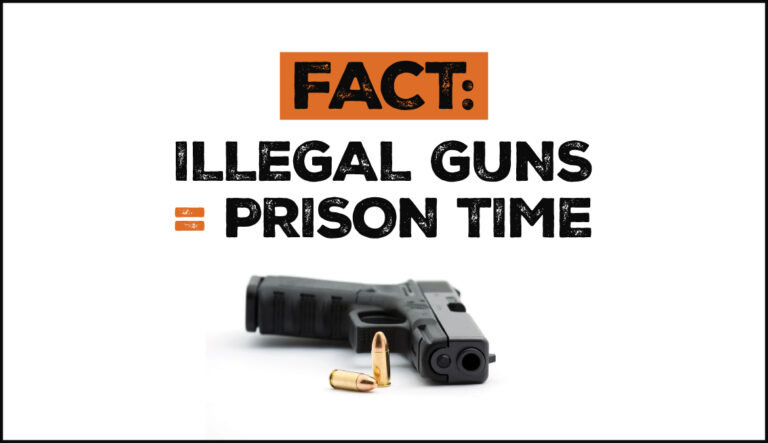
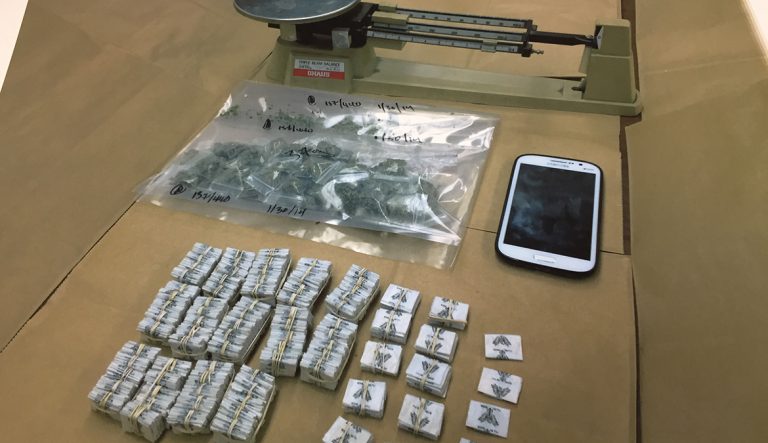
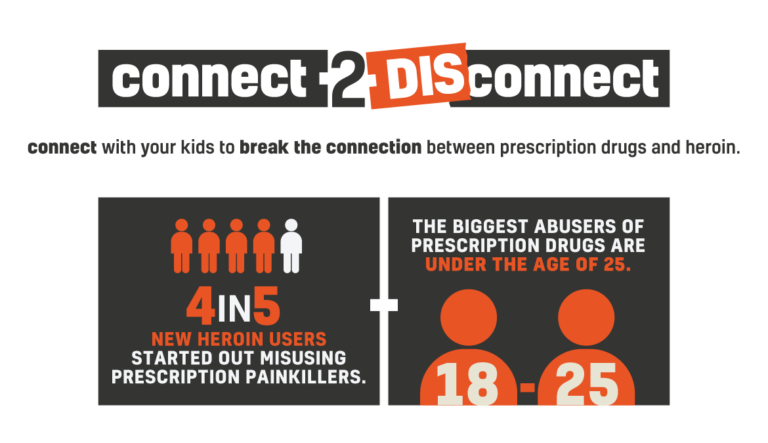
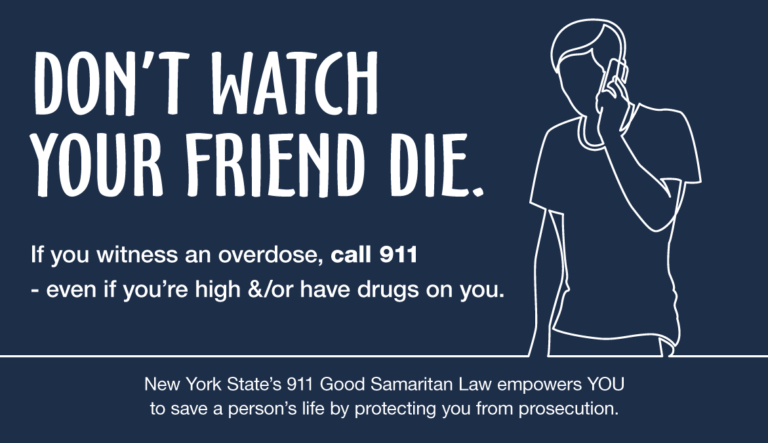
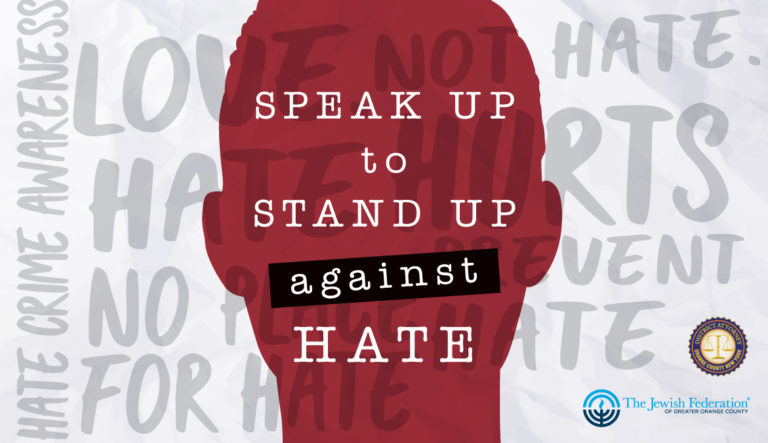
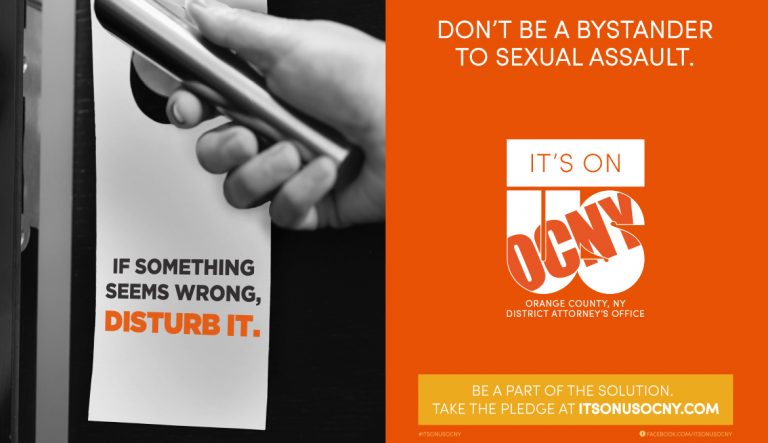

![ConvictionIntegrity [ File # csp5516776, License # 1485745 ]
Licensed through http://www.canstockphoto.com in accordance with the End User License Agreement (http://www.canstockphoto.com/legal.php)
(c) Can Stock Photo Inc. / Klementiev](https://davidmhoovler.com/wp-content/uploads/2016/12/ConvictionIntegrity-768x443.jpg)


